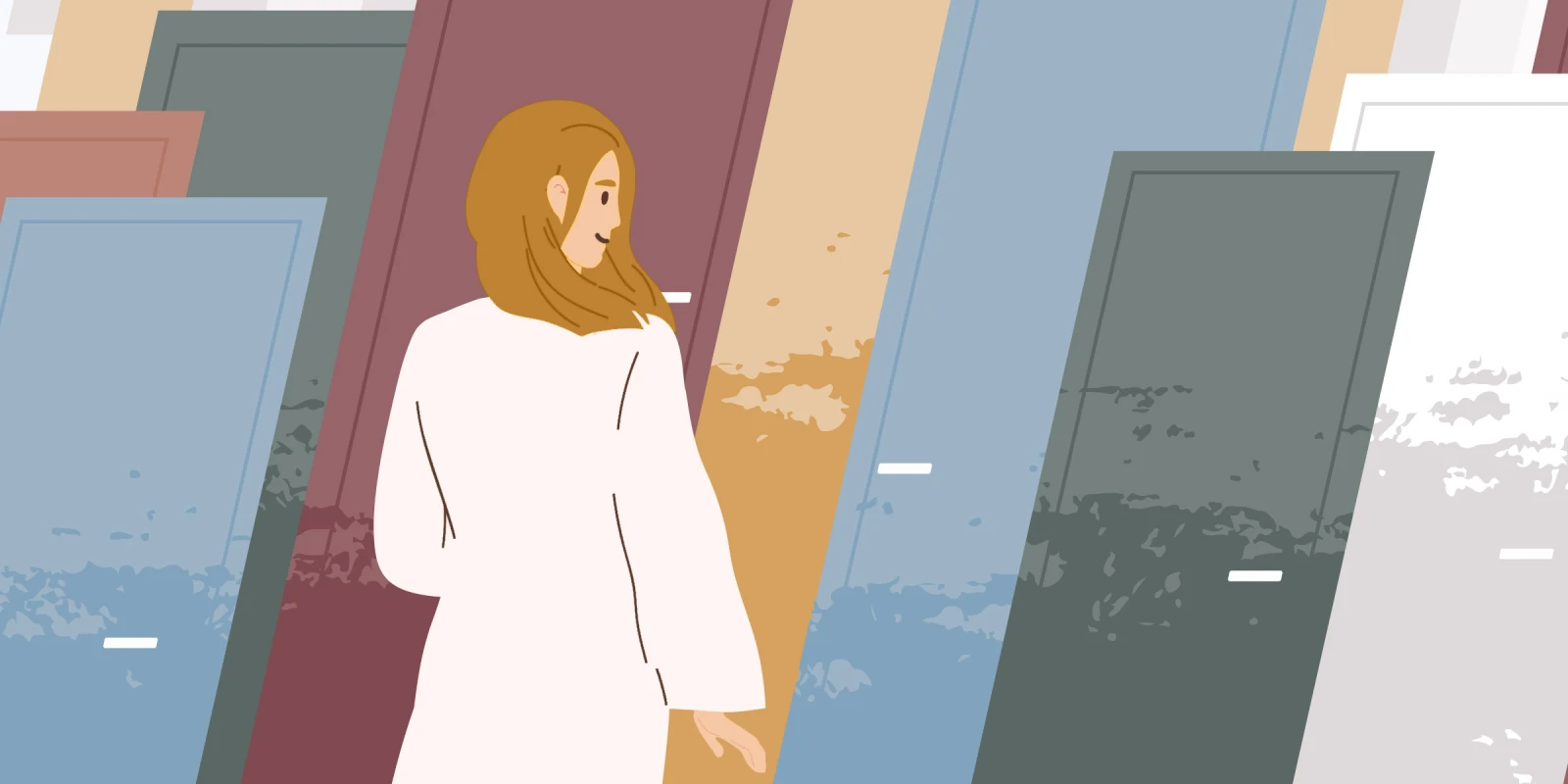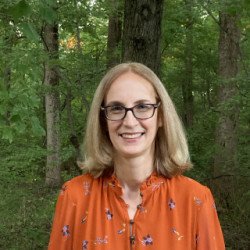Recently, I said a single word that made me feel instantly lighter, freer, more expansive. This one word liberated a huge block of time and awakened vast possibilities of things I could accomplish.
The word was “no.”
To be specific, I emailed my regrets to the month’s book club meeting. I usually look forward to book club, even if I do not love the current selection, or if I have not made it all the way to the end. But this time, the weeks had slipped by, the book was not gripping me, and there were just so many other things I wanted or needed to do. So I declined. Immediately, the options for my freed-up time gleamed before me: I could go for a hike, watch a movie with my kids, start the spring clean-up for my garden. I hate to let people down, but instead of guilt, I felt glee. I started wondering, what other obligations could I wipe off my plate? I started thinking about work: Were there things there that I could also say “no” to?
Of course, as a primary care doctor, there are already so many times per day that I need to say “no.” No, I can’t prescribe a narcotic for your sprained ankle. No, I can’t “just sign” your preop clearance form until you come in for an exam. Or a more passive rejection: Sure, I’ll prescribe the Wegovy, but I doubt your insurance will cover it.
There is an art to saying no. I try hard to not use the actual word with my patients, especially in these days of net promoter scores and online reviews. The adage that the customer is always right may conflict with my view of what’s best for the patient. I am not going to prescribe the antibiotic or order the MRI unless it is truly indicated. Instead of a rigid refusal, I will offer an explanation, like “I’m afraid that would not help you feel better.” I will offer another treatment or plan that I hope will satisfy. At times, a patient is thrilled when I say no. We can both delight when we identify a medicine to eliminate, or a screening test like a mammogram that is no longer indicated.
There are times when I have to say no to save my own sanity. Despite my desire to provide excellent customer service, I can not possibly do everything my patients ask of me. Occasionally, I get a request to call a patient back well after office hours. Or a patient walks into the office and expects me to drop everything to complete their (non-urgent) form or answer their “quick question,” even though my schedule is fully booked with other patients. Sometimes I accommodate these requests, but often I can not or will not.
Medicine has changed, and there are things I used to do that I have wiped off my slate of responsibilities. Years ago, my practice admitted patients to our own inpatient service, and would take turns doing hospital rounds before seeing patients in the office. We later relinquished this task to hospitalists. As the pace of outpatient practice accelerated, we began to rely more on RNs and other staff to respond to clinical messages or to relay basic test results. My current practice utilizes scribes to offload some of the charting and ordering. These changes were not easy for me. Like many who go into medicine, I am a perfectionist, and part of me wants to believe that I am the only one who can do these things the “right” way. But I know that this perspective is not sustainable. My RN might offer slightly different advice for the cold symptoms or achy back than I would give, but is it good enough to satisfy my patient? I try hard to sign off on the adequate notes that the scribes write, to limit my editing and move on to more fulfilling tasks.
As a working parent, there are “nos” I have to say in my family life. Here again, “good enough” often has to suffice. When I get the sign-up email for the class party, I will be the one to contribute napkins and plates, not the homemade cupcakes. My house will not be the tidiest and I may not make it to every performance or event. These trade-offs are not unique to medicine. I have made peace with them. (And to be honest, I was probably not going to want to spend my free time baking cupcakes, no matter what career I chose.)
Looking back on my career, there are many “nos” that I regret. I gave up most of my 20s to sleepless nights in the library or the hospital. I missed weddings and family gatherings. I fell asleep in movies and declined travel and social events because I was too drained. Meals and free time were interrupted by on-call pages and then texts. Whole seasons came and went when I didn’t get around to crunching through autumn leaves or dipping my toes in ocean waves. For many years, I worked office hours every fourth Saturday morning. I wish I could get my weekends back, my lunch hours, the evenings when I came home too late to eat with my husband and kids. Could I somehow have worked more efficiently and regained some of those lost hours? Our egos can be so caught up with how important our jobs are that we neglect the other things that are important and sustaining. We hate to let down a patient or a colleague, so we make that last after-hours phone call or agree to cover the holiday weekend, but at what price to our own lives?
It is the nos that allow me to be a member of a book club at all. Friends ask how I have time to read, but that is one of the activities that nourishes me, and I need to find the time. Every “no” makes room for a “yes.” It is easy to forget in the daily grind of responsibilities toward patients and family, but some nos are necessary to enable the things that really matter. I need to say “yes” to engaging with the patient in front of me and offering them the best possible care. I need to say “yes” to meaningful time with my kids and husband, and to the activities that restore me.
I will definitely go to the next book club meeting, because it is something that I love. But this last one just wasn’t what I needed in the moment. In the hours I would have spent cramming in the novel, I caught up on some clinic notes and emails, enjoyed some time outdoors, then spent much of the day reading a book, a different one of my choosing. For every thrilling “no,” there is a much-needed “yes.”
What have you said no to this week? Share in the comments.
Melissa Schiffman, MD is a community-based primary care physician who practices in Suburban Philadelphia. She enjoys books, birds, gardens, and word nerdery. Her favorite medical term is "borborygmi." Find her on Twitter at: @MSchiffmanMD. Dr. Schiffman was a 2022–2023 Doximity Op-Med Fellow, and continues as a 2023–2024 Doximity Op-Med Fellow.
Image by GoodStudio / Shutterstock







